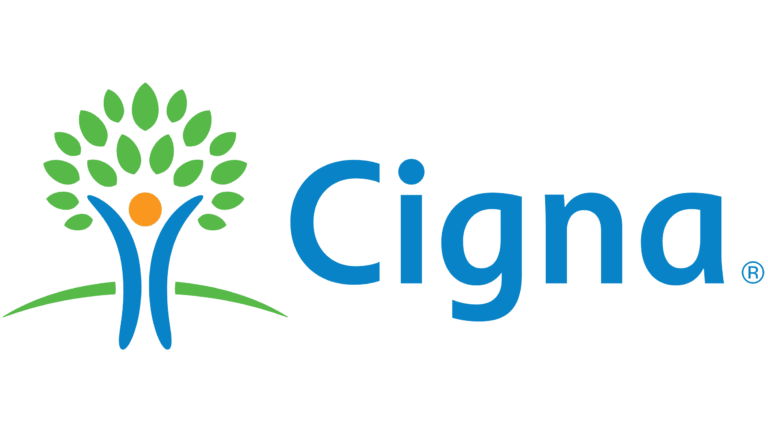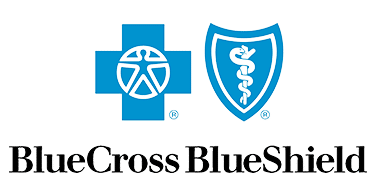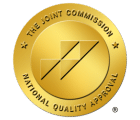Should I Go to Outpatient Rehab After Inpatient?
In the journey toward recovery from addiction, the path is rarely straightforward. The decision to seek help through inpatient treatment represents a significant milestone, a declaration of an individual’s commitment to a life free from substance dependence. However, the completion of inpatient treatment is not the end of this journey. Rather, it is a crucial turning point which often provokes the question: “Should I go to outpatient rehab after completing inpatient treatment?”
Understanding Inpatient and Outpatient Treatment
Inpatient Treatment
Inpatient treatment, also known as residential rehab, involves the individual living at a treatment facility for a substantial period, typically ranging from 28 days to several months. Here, they receive intensive, round-the-clock care, including medical supervision, therapy, and various therapeutic activities. This structured setting is designed to remove the individual from environments that may trigger substance use, allowing them to focus entirely on their recovery.
Outpatient Treatment
Outpatient treatment, on the other hand, allows individuals to live at home while attending scheduled treatment sessions throughout the week. This type of rehab is often less intensive than inpatient treatment, but it provides ongoing support and therapy, ensuring that individuals remain focused on their recovery while reintegrating into daily life activities, such as work, school, and family responsibilities.
Why Outpatient Rehab is Suggested After Inpatient Treatment
- Transition Support: Completing inpatient rehab marks a significant achievement, but the transition back to everyday life can be challenging. Outpatient rehab offers a structured support system during this crucial period, helping individuals apply the skills they learned in inpatient treatment to real-life situations.
- Continued Care and Monitoring: Recovery is an ongoing process, and the risk of relapse remains high, especially during the initial stages of post-inpatient treatment. Outpatient programs provide continued care, regular check-ins, and therapy sessions, ensuring constant monitoring and support to prevent relapse.
- Skill Reinforcement: The skills and strategies learned during inpatient treatment need continuous practice and reinforcement. Outpatient rehab provides a platform for individuals to actively practice these skills with professional guidance, increasing their resilience and ability to handle triggers and cravings.
Benefits of Continued Outpatient Addiction Treatment
- Flexible Scheduling: One of the primary advantages of outpatient rehab is flexibility. Unlike inpatient programs that require full-time commitment, outpatient programs offer various schedules that allow individuals to maintain their daily routines, such as working, attending school, or caring for family members, while still receiving the necessary treatment.
- Peer Support: Outpatient programs often include group therapy sessions where individuals can connect with others who are also in recovery. This sense of community and peer support can be incredibly motivating and reassuring, reducing feelings of isolation and fostering a sense of belonging.
- Family Involvement: Outpatient rehab programs often encourage the involvement of family members in the recovery process. Family therapy sessions can help mend strained relationships, build a supportive home environment, and educate loved ones about addiction and recovery.
- Cost-Effective: Outpatient treatment is typically less expensive than inpatient rehab, making it a more affordable option for continued care. Despite the lower cost, it still provides a high level of support and access to a range of therapeutic services.
- Personal Responsibility: Outpatient treatment promotes personal responsibility and independence. Individuals must actively manage their recovery, practice coping strategies, and integrate healthy habits into their daily lives, all of which are vital for long-term sobriety.
- Holistic Approach: Many outpatient programs offer a holistic approach to recovery, incorporating therapies such as mindfulness, yoga, nutritional counseling, and fitness programs. These complementary therapies can enhance overall well-being and help individuals maintain a balanced and healthy lifestyle.
Continue Your Journey to Recovery: Discover the Benefits of Outpatient Rehab at Palm Beach Recovery Centers
The journey to recovery is a marathon, not a sprint. Completing inpatient treatment is a monumental step, but continuing with outpatient rehab can significantly enhance the chances of sustained sobriety. It provides the essential support, structure, and skills reinforcement needed during the vulnerable transition period back to everyday life.
If you or a loved one is in the process of recovery and contemplating the next steps, consider the benefits of outpatient rehab. At Palm Beach Recovery Centers, we offer comprehensive outpatient addiction treatment programs tailored to meet your unique needs. Our compassionate and experienced team is dedicated to supporting you every step of the way.
Don’t leave your recovery to chance. Contact Palm Beach Recovery Centers today and take the next step toward a fulfilling and substance-free life. Your continued recovery is within reach, and we’re here to help you achieve it.









